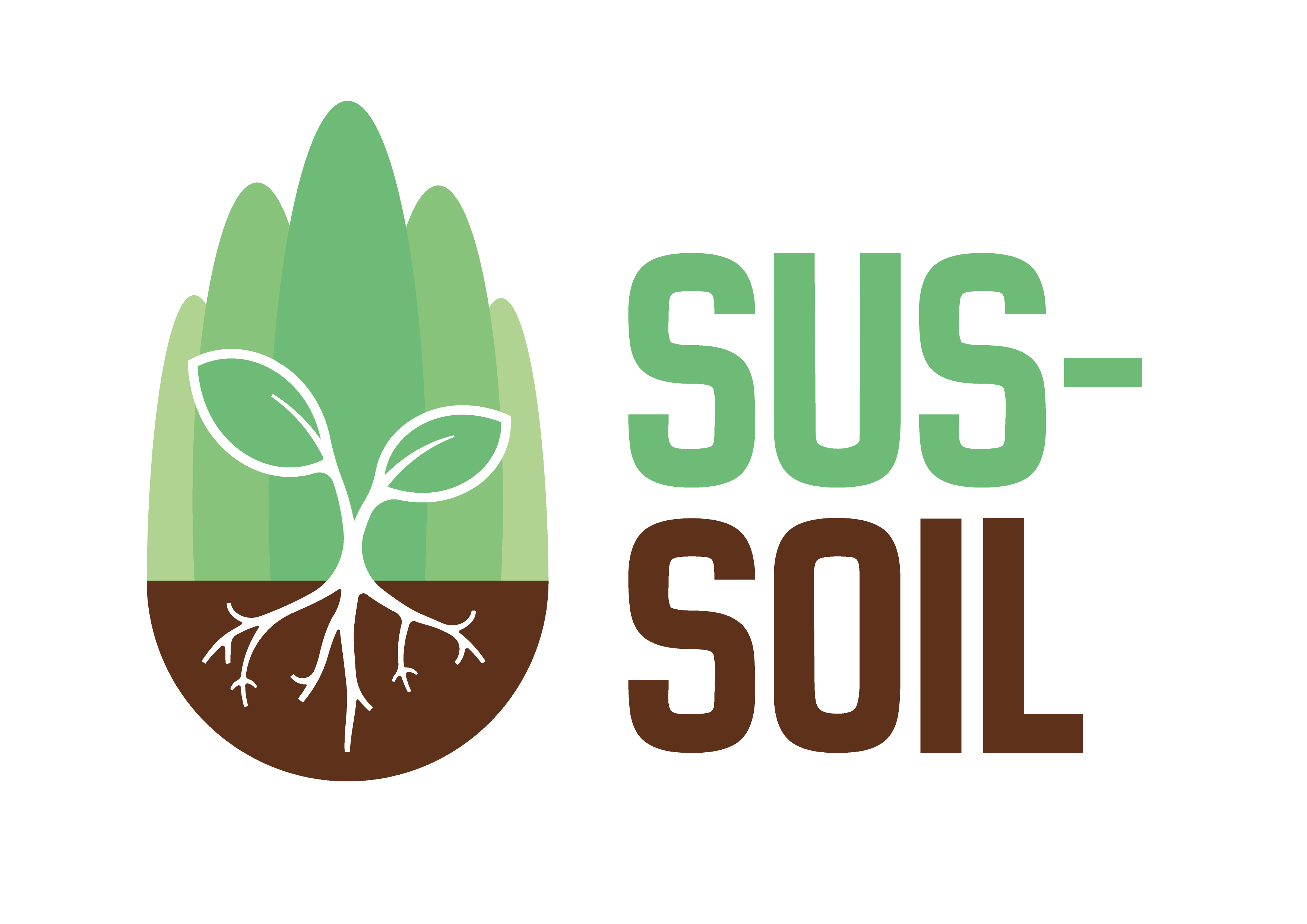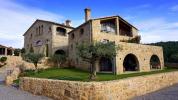
Horizon Europe SUS-SOIL Project: Sustainable promotion of soil and subsoil health through the implementation of agroecological land use and management to improve the provision of ecosystem services to society.
- Type Project
- Status Signed
- Execution 2024 -2028
- Assigned Budget 5.997.613,75 €
- Scope Europeo
- Main source of financing Horizon Europe 2021-2027
- Project website Proyecto SUS-SOIL
The EU Soil Strategy states that up to 70% of EU soils are unhealthy and severely degraded, affecting the health of both the topsoil and subsoil, as well as ecosystems. Despite its importance, knowledge about the subsoil is limited. The EU-funded SUS-SOIL project will develop 15 subsoil living laboratories to analyze land use and agroecological management practices (ASM) in the subsoil and their impacts on rural and urban ecosystems.
The project aims to raise awareness of subsoil threats and risks, support the EU's agroecological transformation, promote water security, and mitigate climate change. It will also create a subsoil/soil monitoring database (SBMD) that can work with the LUCAS and ESDAC databases, analyze long-term ASM land use, and develop a Subsoil Decision Support Tool (S-DST).
Development of 15 Living Subsurface Laboratories (LS) to inventory, analyze, and compare different subsurface management methods (ASM) and land uses in agroecology, as well as their impacts on spatial variations and dynamics of the subsurface. Optimally combine ASM practices in rural and urban areas within a comprehensive regional context.
According to the EU Soil Strategy, around 60 to 70% of the European Union's soils are unhealthy and suffering from severe degradation. Degradation processes that primarily affect the topsoil are also depleting subsoil health and reducing the provision of ecosystem services.
However, knowledge of the subsoil is scarce despite its relevance. SUS-SOIL is a 4-year project adopting a multidisciplinary approach that will develop a set of 15 subsoil living laboratories (LLs) to inventory, analyze, and compare different agroecological subsoil management (ASM) and land uses and their impacts on subsoil spatial variations and dynamics. This will allow for a better integration of ASM practices in rural and urban areas within a comprehensive regional context. SUS-SOIL outcomes will serve as a starting point for increasing awareness among land managers and public authorities to understand subsoil threats and risks, support the EU agroecological transformation that addresses subsoils and enhance the provision of ecosystem services, and promote water security and climate change mitigation in rural and urban ecosystems.
Main outputs include: (1) developing a subsurface/soil monitoring database (S-DB) capable of being interoperable with LUCAS and ESDAC databases, (ii) long-term analysis of ASM land use and management of 3 relevant soil types by LL and the relationship with rural and urban ecosystem service provision including modelling, (iii) developing a set of agricultural idiotypes by LL combining ASM best practices as an alternative to conventional systems to enhance regional ecosystem service delivery for citizens through (iv) a subsurface decision support tool (S-DST) considering soil degradation and relevant business models and proposing a (v) subsurface policy strategic framework to foster ASM best practices.
(i) develop a soil/subsoil monitoring database (S-DB) capable of being interoperable with LUCAS and ESDAC databases, (ii) the analysis of long-term ASM land use and management of 3 relevant soil types by LL and the relationship with rural and urban ecosystem service delivery including modelling, (iii) develop a set of agricultural idiotypes by LL mixing ASM best practices as an alternative to conventional systems to enhance regional ecosystem service provision for citizens through (iv) a Subsoil Decision Support Tool (S-DST) considering soil degradation and relevant business models and propose a (v) subsoil policy strategy framework to foster ASM best practices.
- UNIVERSIDAD DE SANTIAGO DE COMPOSTELA (UNIVERSIDADE DE SANTIAGO DE COMPOSTELA)







